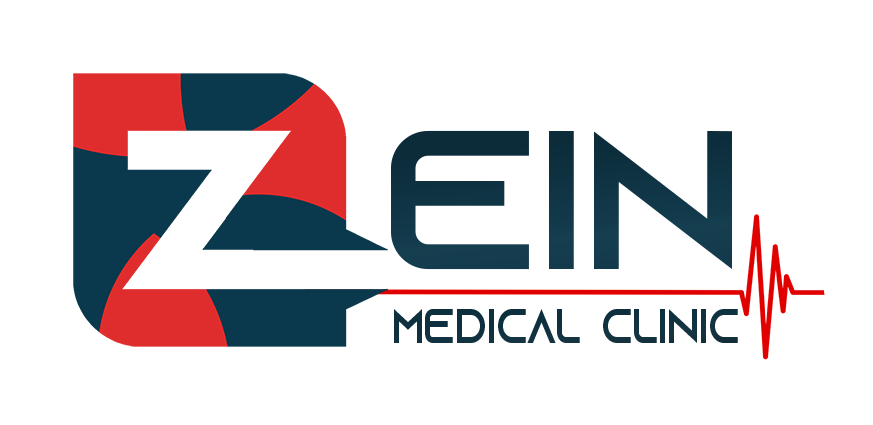Factors Affecting the Choice of Obesity Treatment Procedure
Obesity is a serious health problem that can lead to a variety of health issues, including heart disease, diabetes, high blood pressure, and joint problems. Obesity treatment procedures can be an effective option for weight loss and improving overall health.
There are many different types of obesity treatment procedures available, each with its own advantages and disadvantages. When choosing a type of obesity treatment procedure, it is important to consider a variety of factors, including health, personal, and practical factors.
Health Factors
Health factors are the most important in choosing a type of obesity treatment procedure. The patient must be medically qualified for surgery and must have good enough health to recover from the surgery.

Health factors that must be considered include:
-
Body Mass Index (BMI):
A person is considered obese if their body mass index is 30 or higher. However, some people may be suitable for obesity treatment even if their body mass index is less than 30.
-
General Health Condition:
The patient must have good enough general health to recover from surgery. They should have normal blood pressure, cholesterol levels, and blood sugar.
-
Medical History:
The patient should inform the surgeon of any medical history, including chronic medical problems or previous surgeries.

-
Medical Problems:
There may be some medical problems that make a certain type of obesity treatment unsuitable for the patient. For example, gastric bypass cannot be performed on people with heart problems.
Personal factors:
These factors are related to the personal goals and needs of the patient. The patient should choice of obesity treatment that meets their goals and fits their lifestyle.
The personal factors that should be considered include the following:
-
Determining the desired weight loss:
The patient should determine their weight loss goals before undergoing surgery. The surgeon will assist the patient in setting realistic goals.
-
Lifestyle:
The patient should consider their lifestyle before undergoing surgery. The patient will need to make lifestyle changes after surgery, such as following a healthy diet and exercising regularly.
-
Mental health:
There may be some psychological problems that make obesity treatment inappropriate for the patient. For example, some people may have eating disorders.

The operational factors
These factors relate to the cost of the surgery, the recovery time, and possible complications. The operational factors that must be considered include the following that help the patient to choice of obesity treatment:
-
Cost:
The cost of obesity treatment surgeries varies depending on the country, hospital, and surgeon.
-
Duration:
Obesity treatment surgery usually takes a few hours. Recovery from surgery takes several weeks.
-
Complications:
Like any surgical procedure, there are some possible complications associated with obesity treatment surgeries. However, complications are rare.
Tips for Choosing the Type of Obesity Treatment
When choosing the type of obesity treatment, it is important to consult an experienced obesity surgeon. The surgeon will help evaluate your health, personal, and practical factors to determine the most appropriate type of procedure for you.
Here are some tips for choosing the type of obesity treatment:
-
Get a comprehensive medical evaluation:
Before making any decisions, it is important to get a comprehensive medical evaluation from an experienced obesity surgeon. The surgeon will help evaluate your health factors to determine if you are eligible for surgery.
-
Look for an experienced obesity surgeon:
There are many different types of obesity treatment procedures available, each with its advantages and disadvantages. It is important to find an experienced obesity surgeon in the type of procedure you are considering.
-
Ask about risks and complications:
Like any surgical procedure, there are some potential risks and complications associated with obesity treatment procedures. It is important to ask your surgeon about the potential risks and complications before making any decisions.
The process of treating obesity can be an effective option for weight loss and improving overall health. When choosing the type of obesity treatment.
This content has been approved by doctors at Zein Clinic.
To contact a doctor and receive a free consultation, click here:
Did you like our topic? You can share it with your friends now!
Read more:
The most prominent questions about the gastric bypass operation
The most important complications of gastric bypass surgery
Does weight gain return after sleeve gastrectomy?
The most Important complications of sleeve gastrectomy
Sources:


 واتساب
واتساب